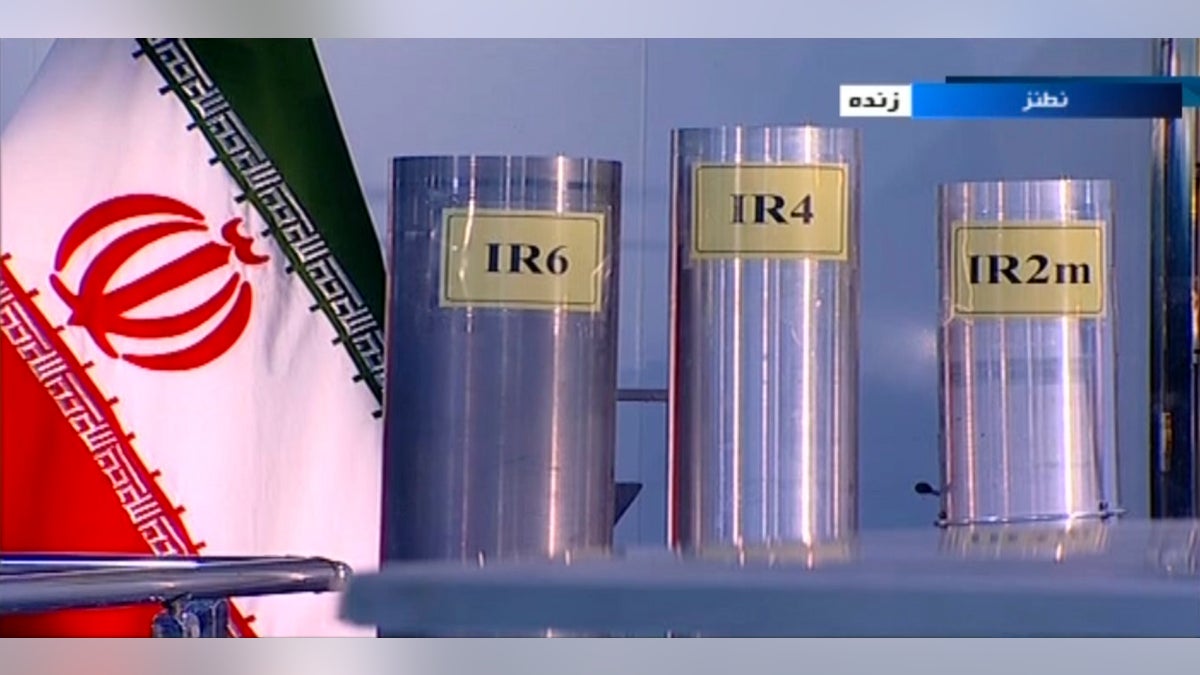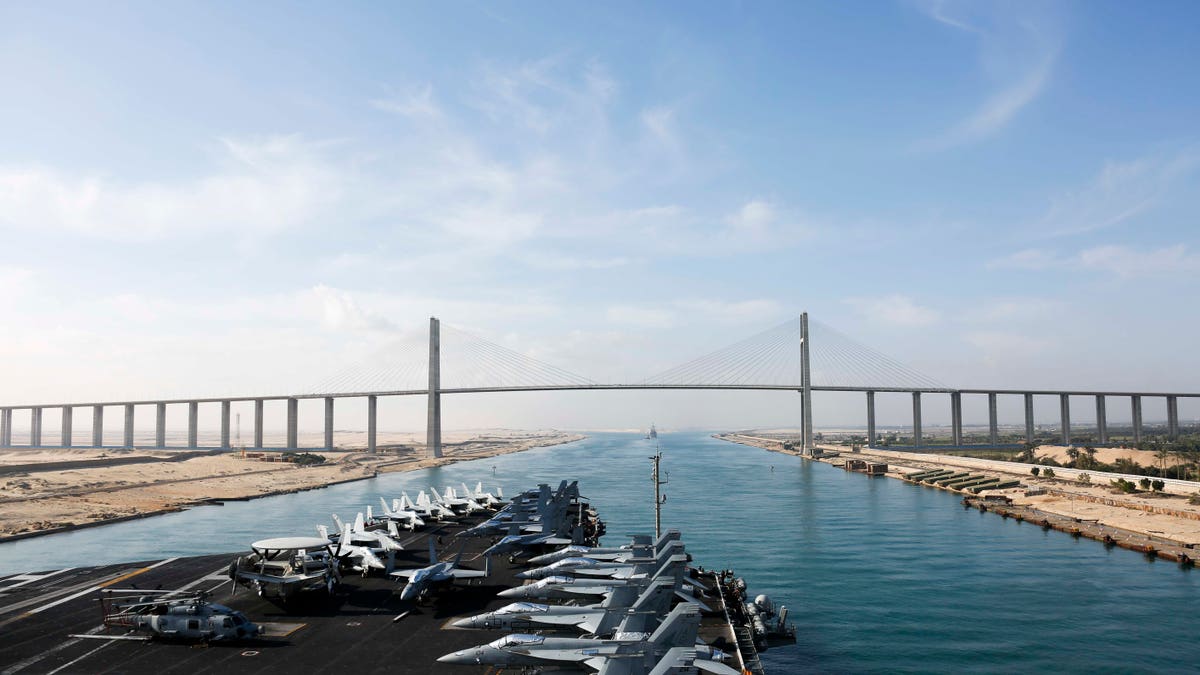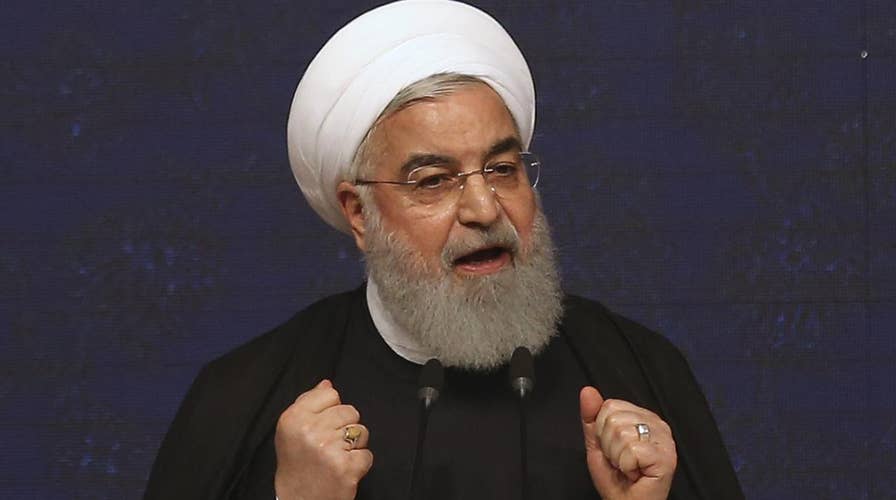Iran threatens to ramp up uranium enrichment if world powers fail to negotiate new nuclear deal terms
What does this mean for the U.S.? International relations expert Rebecca Grant weighs in.
An increasingly hamstrung European Union announced Thursday that it would not accept a 60-day “ultimatum” issued by Iran this week, in which the pariah government announced it would stop adhering to parts of the controversial 2015 nuclear deal unless new terms were negotiated with the remaining partners.
While the United States has withdrawn from the Obama-era Joint Comprehensive Plan of Action (JCPOA) – better known as the Iran Deal – that was intended to curb Tehran’s nuclear program, other signatories including France, the United Kingdom, Germany, and the E.U. have stayed in the agreement. However, their foreign ministries in a joint statement this week encouraged Tehran to remain committed to the current terms.
THE MASTER BEHIND THE MASK: WHO IS IRAN’S MOST FEARED AND POWERFUL MILITARY COMMANDER?
“We reject any ultimatums and we will assess Iran’s compliance on the basis of Iran’s performance regarding its nuclear-related commitments under the joint comprehensive plan of action and the treaty on the non-proliferation of nuclear weapons,” read the statement, issued by the E.U.’s foreign affairs chief Frederica Mogherini. “We strongly urge Iran to continue to implement its commitments under the JCPOA in full as it has done until now and to refrain from any escalatory steps.”
The members also bemoaned the fresh wave of U.S sanctions imposed on Tehran, underscoring growing tensions between the Trump administration and European allies over the hot-button issue.

FILE - In this June 6, 2018 frame grab from Islamic Republic Iran Broadcasting, IRIB, state-run TV, three versions of domestically-built centrifuges are shown in a live TV program from Natanz, an Iranian uranium enrichment plant, in Iran. (IRIB via AP)
On Wednesday, the United States unveiled another step of its “maximum pressure” campaign by slapping even more sanctions on the Iranian regime, this time targeting the country’s mining industry in a move widely perceived to sink its already fragile economy. Tehran, in turn, threatened to resume higher uranium enrichment.
Meanwhile, Iran’s leadership has expressed exasperation that the European signatories to the deal have voiced opposition to U.S. actions against them, yet failed to offer any meaningful economic agreements of lifelines.

The Nimitz-class aircraft carrier USS Abraham Lincoln (CVN 72) transiting the Suez Canal. (U.S. Navy photo by Mass Communication Specialist Seaman Dan Snow/Released)
CLICK HERE FOR THE FOX NEWS APP
On Sunday, concerns of a military escalation also deepened after the U.S. announced it would be sending a warship close to the Iranian borders following intelligence reports that the adversary was preparing to attack American troops deployed to the region. Indeed on Thursday, the aircraft carrier USS Abraham Lincoln passed through Egypt's Suez Canal en route to the Persian Gulf. The White House this week also dispatched B-52 bombers to the Persian Gulf amid the heightening tensions.
"The USS Abraham Lincoln Carrier Strike group is now operating in defense of U.S. Forces and interests in the Fifth Fleet Area of Operations,” said Lt. Col. Earl Brown, a spokesman for U.S. Central Command.
Fox News' Lucas Tomlinson contributed to this report.

